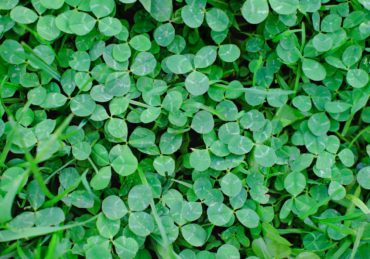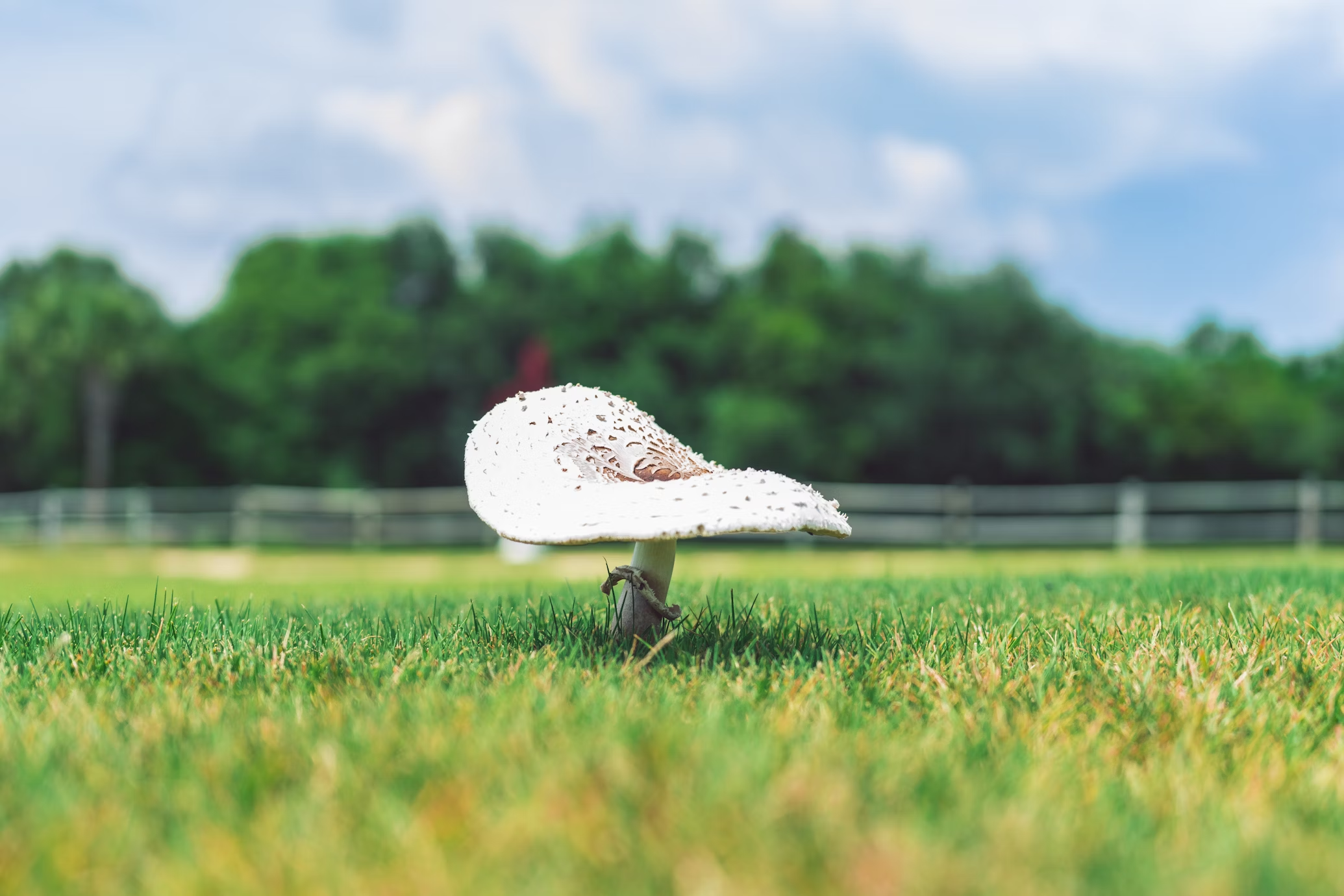Table of Contents
How Do I Prepare My Lawn After Winter?
With winter and months of cold weather, snow and ice are coming to an end, your lawn can be left looking dull. As we’re looking forward to Spring, now is the time to start thinking about how to revive your lawn after winter and prepare your lawn for spring. Here are 5 practical tips you can take to bring your lawn back to life.
Clear Any Debris from the Yard
When the weather warms up and the snow and ice melts, it’s important to inspect your lawn for debris. Throughout the winter, debris like fallen branches or leaves are trapped under the snow. Leaves left throughout the winter won’t damage your lawn but actually help it by protecting roots and preserving moisture. However, it is important to get all the debris picked up for the new season so you can mow without interruption.
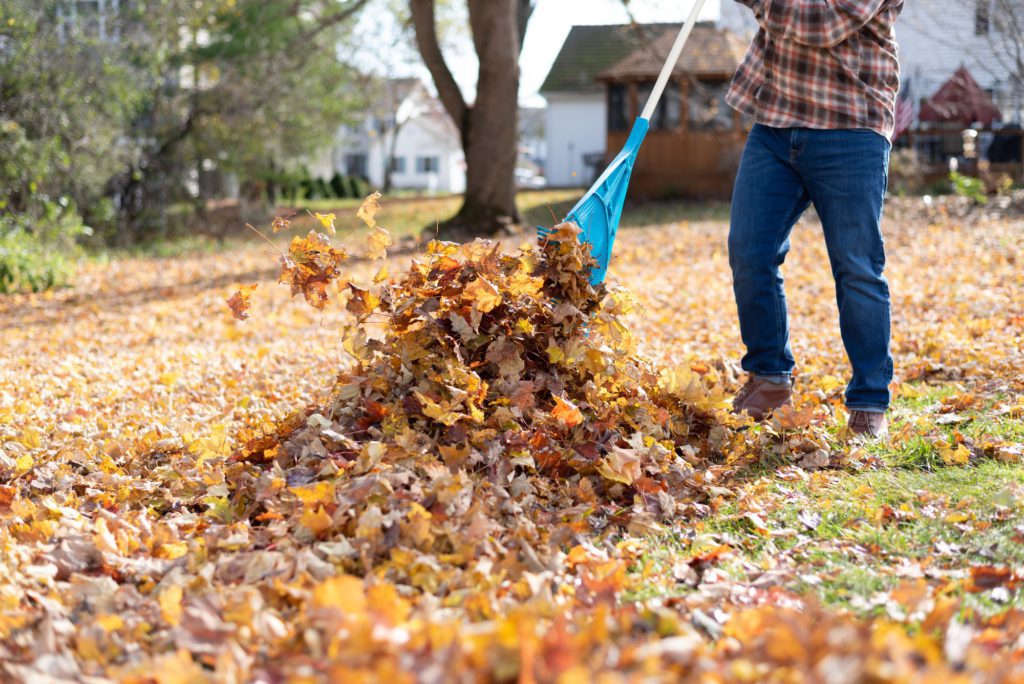
Spread Seed Over Any Bare Patches
You may also want to consider over seeding your lawn. Often times snow, ice, and cold temperatures can leave bare patches in your lawn. You should start planting new grass seed in these areas as soon as possible. You can reference our article on the best grass for your region here.
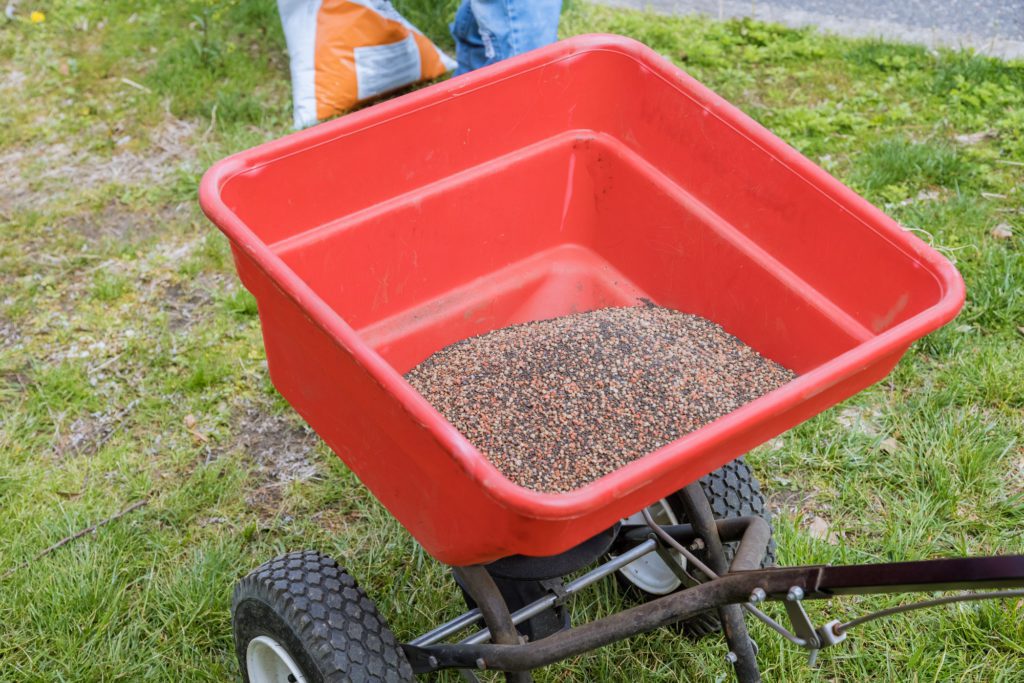
Mow on a Higher Setting
When Spring arrives, your grass should be pretty short. Depending on your region, grass stops or slows growth in late October. You should give your lawn a couple of weeks to start growing again and get to 6 inches tall. It is important to mow at a higher setting the first month and avoid a low mowing setting to prevent exposing the root system.
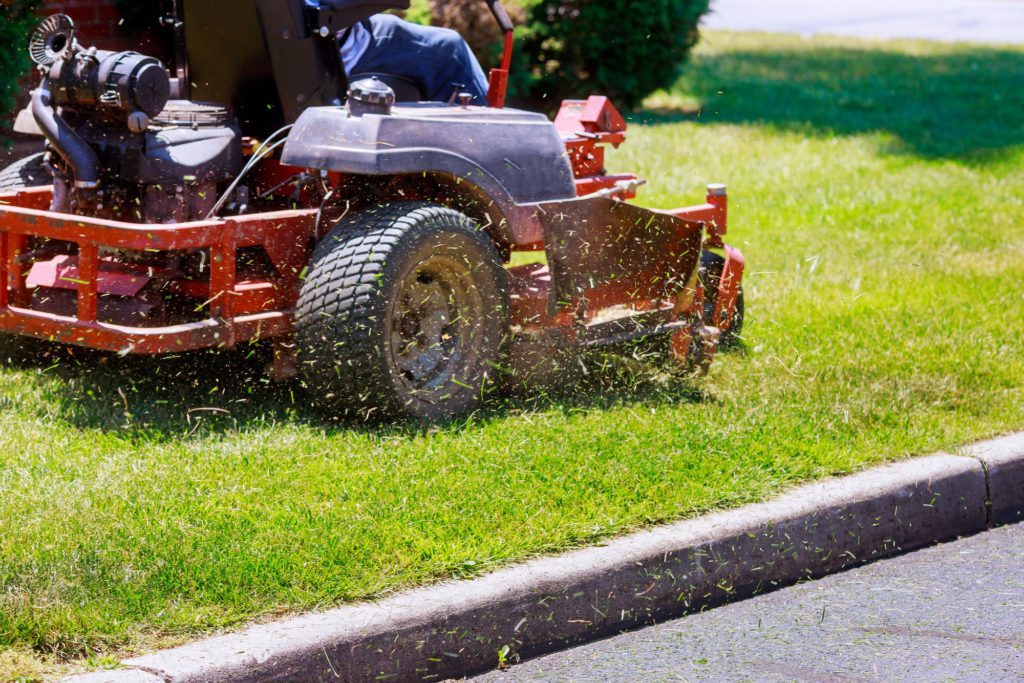
Invest in High-Quality Fertilizer
We here at LawnGuru, do not offer fertilizing services but that doesn’t mean you can’t DIY it! A non-toxic, organic fertilizer is recommended especially if you have pets. Organic fertilizer won’t contain traditionally used chemicals but will contain ingredients like bone meal, kelp meal, fish meal, etc.
To apply your fertilizer, first water your lawn a few days before you feed your lawn. This will ensure your soil is ready to accept the fertilizer. You’ll start applying the fertilizer around the perimeter of your property, this will ensure that no edges are missed. Then similar to a mowing pattern, walk back and forth in straight lines to fill in the middle. Once finished, store your excess product in a cool, dry place.
Water at the Right Time
As we move towards Spring and Summer, the sun is harsher during the day. It’s important to water your lawn at the proper times, like in the morning or evening. This will help prevent dehydration in your lawn. You should keep this schedule throughout the season and plan to water on the days after your crew has mowed your property. This will allow the water to be absorbed completely without being disturbed by a mower.

Address Weeds Early On
Allowing weeds to grow and take over your lawn after winter can cause excess stress on the roots and regrowth. Removing weeds early, will allow your lawn to revive quickly and prevent weeds from spreading further. This can be done by pulling weeds out by hand or with a tool that pulls up the weed.
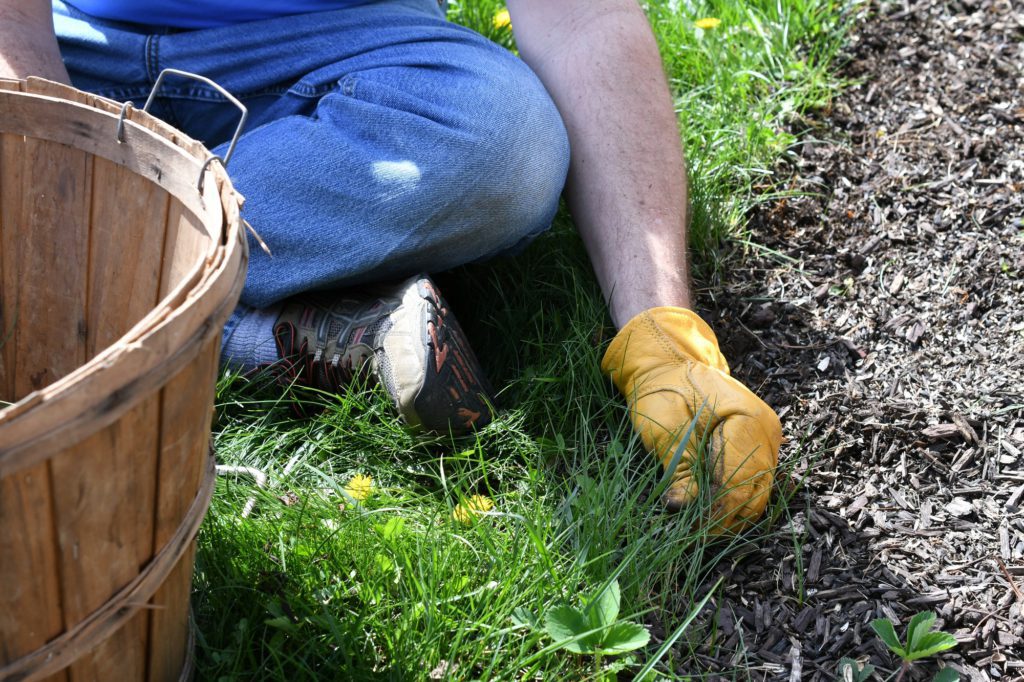
Methods to Remove Clover from Your Lawn Clover, with its deceptively charming white flowers, is…
Effective Strategies for Eliminating Moss from Your Lawn Dealing with moss in your lawn can…
How to Effectively Eliminate Mushrooms from Your Lawn Maintaining a pristine, healthy lawn is often…

